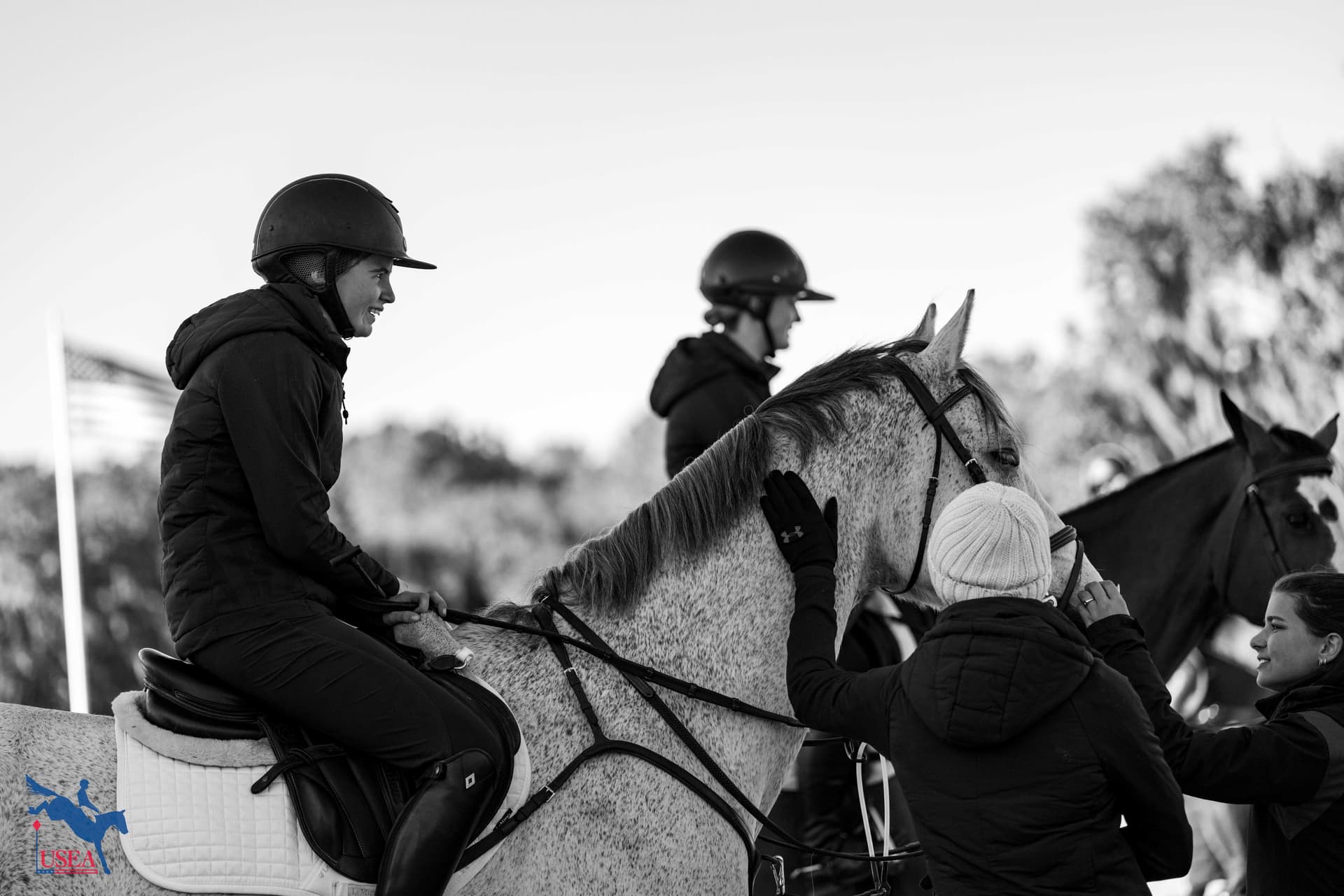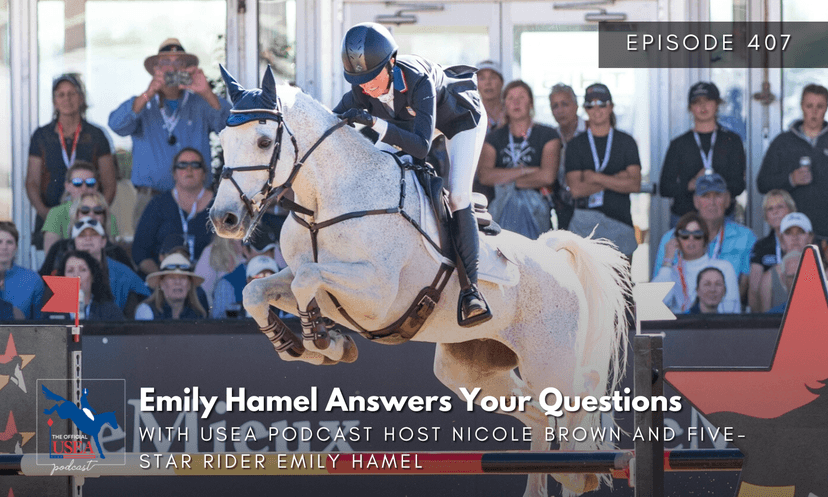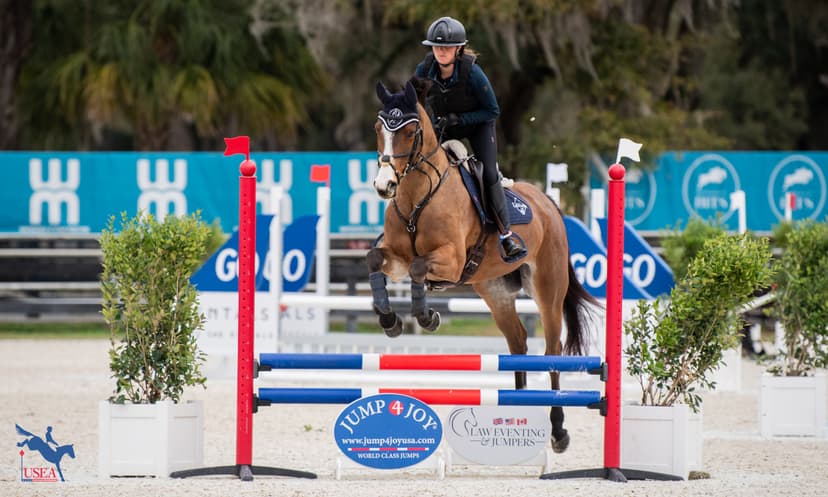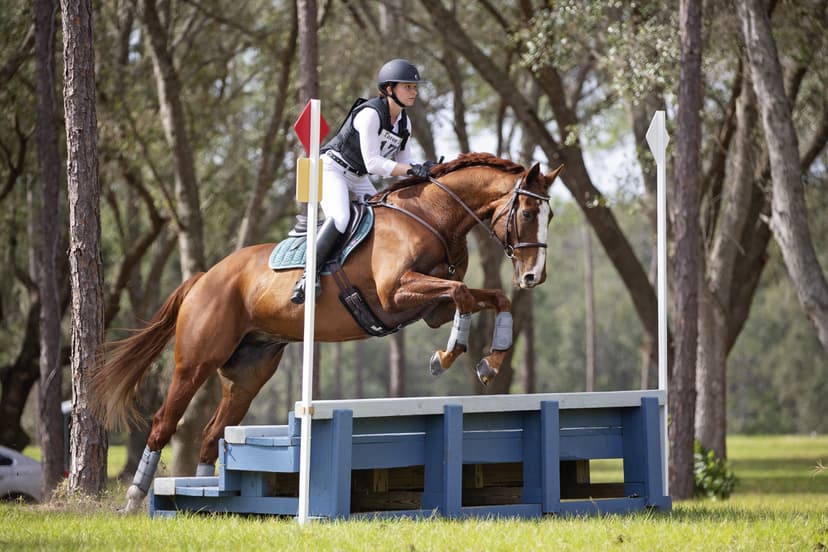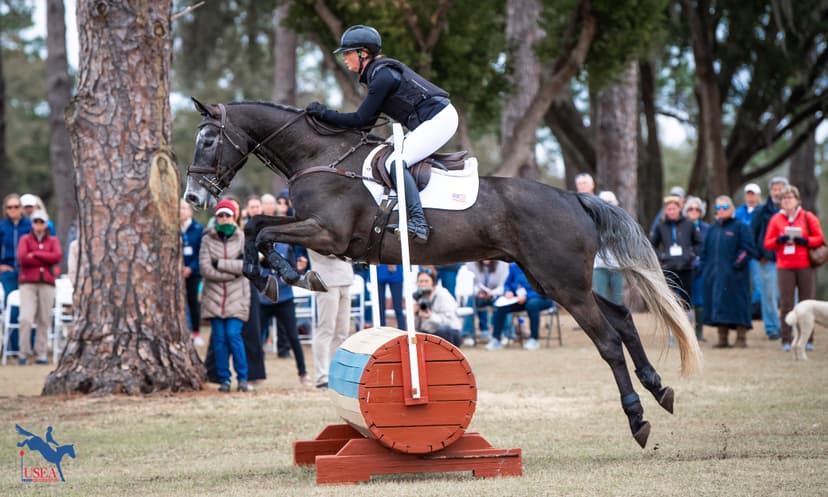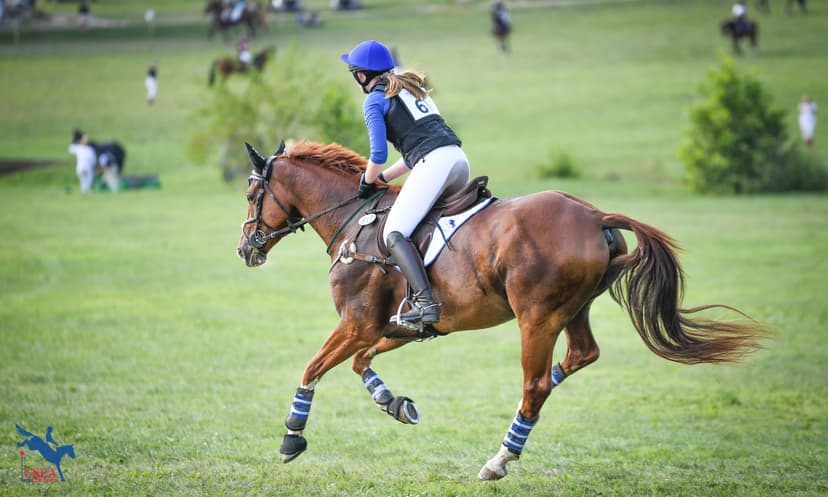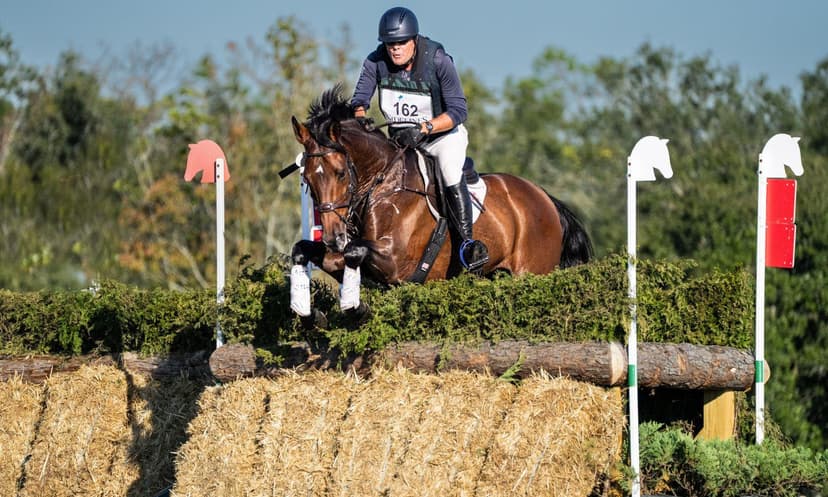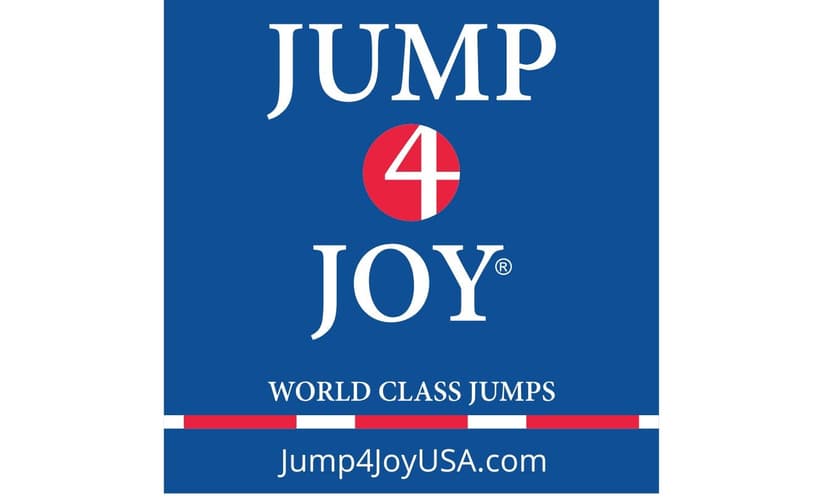News
Eventing News
Your Voice Matters: USEA Strategic Planning Calls for Member Feedback
After meeting at the 2025 USEA Annual Meeting & Convention, the USEA Strategic Planning Committee has emphasized three focus areas for 2026 and beyon...
February 24, 2026
Loading news entries...

